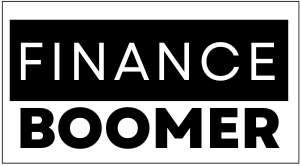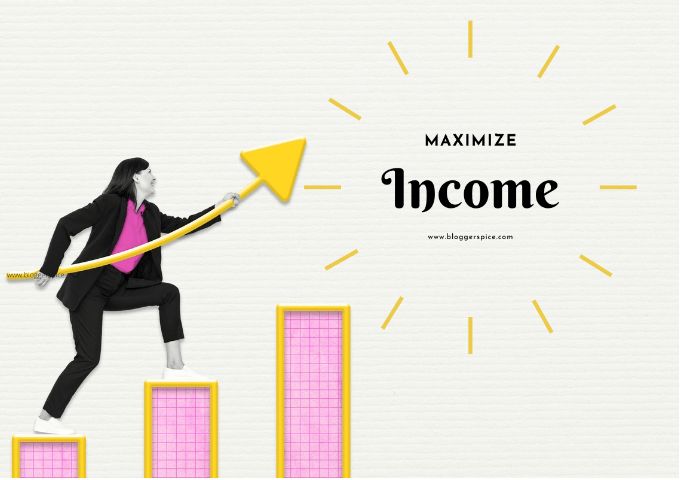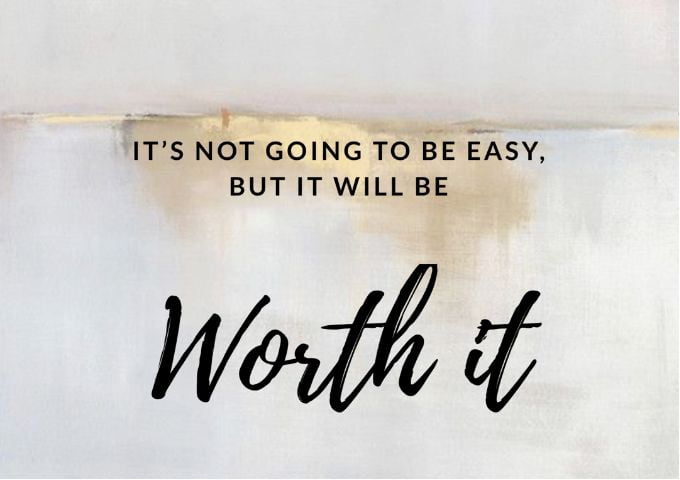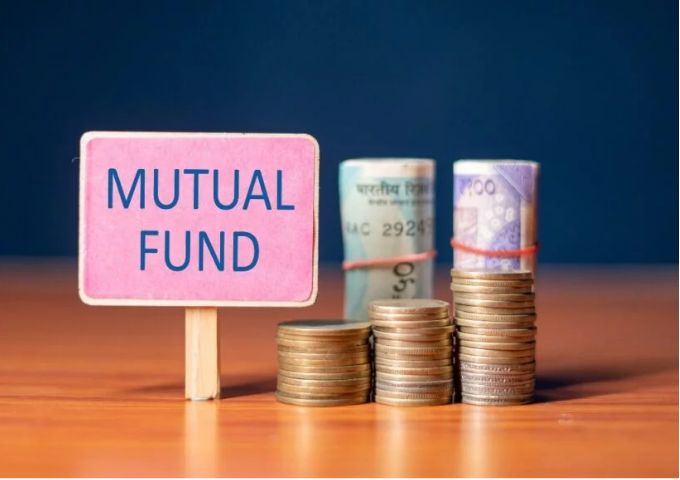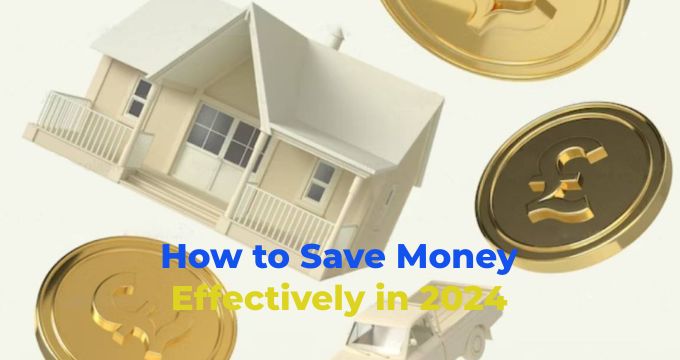Why Investing in Yourself Is the Key to Financial Independence
This is the most important article I have ever made, and it’s the one most likely to change your life. I know you read my articles because you want to become financially independent. You want to eventually fund your lifestyle from your assets and no longer have to work. But you’re going about it improperly, and I’ve simply exacerbated the problem. All I talk about on this channel is investing—in stocks, bonds, and real estate—and you presumably spend a lot of time thinking about these kinds of assets. The irony is that if you want to gain financial independence, these investments are not the quickest method to do so. There is something else you should be investing in that can provide considerably better and more consistent returns than the stock market.
Your Most Valuable Asset
Let’s start with a question: what do you think is your most valuable asset? Your phone? Your car? Your house? Your pension? No, you’re wrong. For the vast majority of you reading this article, your most valuable asset is YOU and your ability to turn your time and skills into income. Now, before you click off this article thinking, “What is this nonsense?”, I am being deadly serious. I have made more money investing in my skills and education than I will ever make investing in the stock market. Whether you’re in your 20s or your 60s, I’m going to show you how investing in yourself—your skills and health—can achieve far higher returns than the stock market.
Maximizing Your Earning Potential
Hello, and welcome back to the channel! If you’re new here, hi, my name is James. I am a financial planner, and this is a place where you can learn to make smarter financial decisions. Now, let’s talk about 80,000 hours. That’s how long the average person spends working in their lifetime. The average wage in the UK is £16 per hour. If you earned that over your entire career, you’d be set to earn £1.28 million. That sounds like a lot, but it doesn’t take much to realize that if you can increase your wage by just 10%, you’ll earn £128k more over your career. The fastest way to reach financial independence is to get paid as much as you can for every hour you work. Instead of focusing on how much money you can save on your current salary, you should focus on increasing it. It’s so simple that it sounds stupid.
Why Some People Get Paid More
So how do we get paid more? Why do some people get paid more than others? The main reason is that certain skills have a higher economic value than others. Take a bus driver and a pilot, for example. Both take people from point A to B, but you can train to be a bus driver in hours, whereas it can take years to become a pilot. It makes sense that their skills are in shorter supply and can demand higher wages. A pilot operates a much more expensive machine, and people pay more for a flight than a bus ticket. I’m not suggesting all bus drivers train to become pilots, but they could invest in themselves, learning to drive more complex vehicles with higher economic value.
Investing in Yourself for Higher Returns
At the same time, a pilot could study for an executive MBA during long-haul flights. Whatever your line of work, there are ways to invest in yourself to learn new skills and increase your value. These investments often return far more than investing in the stock market.
An Example: Graphic Design vs. UX Design
As an example, imagine you’re 30 years old, working as a graphic designer earning £35k a year. You know that if you continue along this career path, your earnings will peak at around £55k, meaning you’d earn £1.5 million over the remainder of your career. Sounds pretty good, right? But there’s another area of design that interests you—user experience (UX) design—which pays about 20% more than what you’re making now. If I gave you £3,000 to invest, where would you put it? You could invest it in the stock market, aiming for an average annual return of 9%. By the time you turn 60, that could turn into £65,000. Sounds good, but what if you invested that money in yourself instead?
The Power of Upskilling
You could use it to take a UX design course, and if you landed a job as a UX designer, you could earn an additional £320,000 over your career. That is ridiculous! It gets much insane as the numbers increase. Assume you’re a software developer making £70,000 a year. You’ve discovered that specialising in cybersecurity can boost your earnings by 20%. If you get a job in cybersecurity, you may make an extra £700,000 during your career.
It’s Not Easy, but It’s Worth It
Now, don’t get me wrong. I know I’m massively oversimplifying this. Just because you take a course doesn’t mean you’re guaranteed a job. You’ll still need to put yourself out there, network, and prepare for rejection. It won’t be easy. But if it was easy, it wouldn’t be worthwhile. Investing in yourself is much like investing in stocks—it’s painful but worth it. The potential returns are so great that even if you fail multiple times, you’re still better off than investing in the stock market.
Considerations for Older Workers
But there are a few things to consider. Firstly, if you’re older, you have less time to recoup your investment. For example, if our graphic designer switched to UX at 50 instead of 30, they’d be only £130k better off. However, if this skillset extends their career by five years, it could turn into a half-million-pound return. As with all investments, you need to do your research. Some skills demand higher returns than others, so make sure you’re investing in the right one.
Do Your Research and Network
To find the answers, you need to get out there and talk to people who have already done what you want to do. They can help you understand what their role is really like and what you need to invest in to get there. If you can’t find these people at your company, LinkedIn is the next best thing. Use a LinkedIn Premium trial for free InMail messages. Reach out to people who’ve recently walked the path you want to take. You’ll be surprised how willing people are to help if you ask.
Leverage Your Company’s Resources
Once you’ve identified the skills you need and found a course, ask your company to pay for it. Employers are desperate for talent in today’s job market. Most companies even have developmental budgets for this type of thing. You never know unless you ask.
Negotiating Your Salary: Small Differences Add Up
Speaking of asking, make sure you’re being paid enough for your current skills. A client’s son was recently offered £18k for his first job, down from £21k in the initial discussions. His father told him to negotiate for the original £21k. Though awkward, that £3k difference adds up to £350k more over his lifetime. Even small differences can accumulate into huge amounts over time.
The Importance of Constant Reinvestment
Reinvesting in yourself is the most important factor in your career. 50 years ago, you could pick a profession and stick with it for life. But today, the job you’ll be doing in 30 years might not even exist yet. The only way to prepare is by learning how to learn and constantly reinvesting in yourself. Think about it: if you bought a property, you’d improve it to get the best yield. The same principle applies to yourself. Invest in your skills and your health—both physical and mental—because if you’re unfit to work, you won’t earn anything.
Investing in Your Health: Physical and Mental
Investing in your health has become more important to me recently, as building a YouTube channel and a financial planning business is demanding. The biggest threat to my career is burnout. Gym memberships, therapy, and coaching are all investments that keep me sane and able to do what I do. Set aside a fixed percentage of your savings each month to invest in yourself—one bucket for education, another for health. As you get older, allocate more to health. You’ll want to work longer if you’re healthy.
Put Your Other Investments on Autopilot
Investing in yourself takes time and energy, but the potential returns are incredible. That’s why it’s essential to put your other investments on autopilot. Stop stressing about the stock market and redirect your energy into increasing your own value. You can’t control the market, but you can control your value.
Conclusion: Share This Advice
This is the pep talk I wish I had been given when I was 18. If you know someone who needs to hear this, no matter their age, share it with them.
